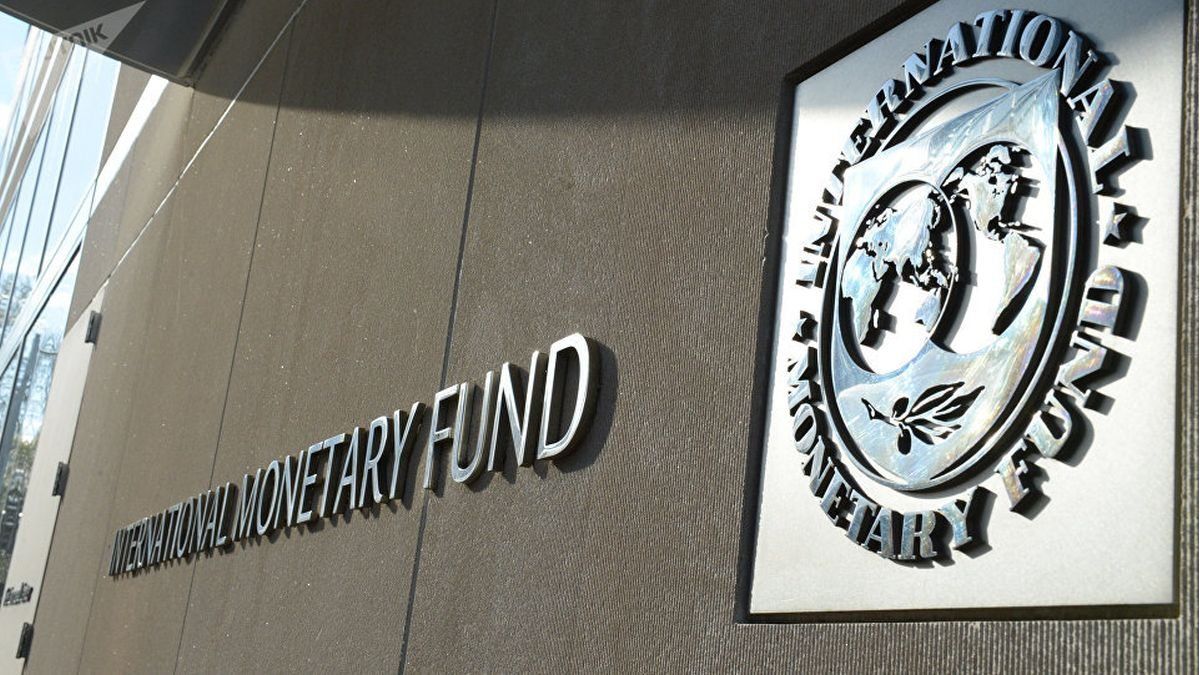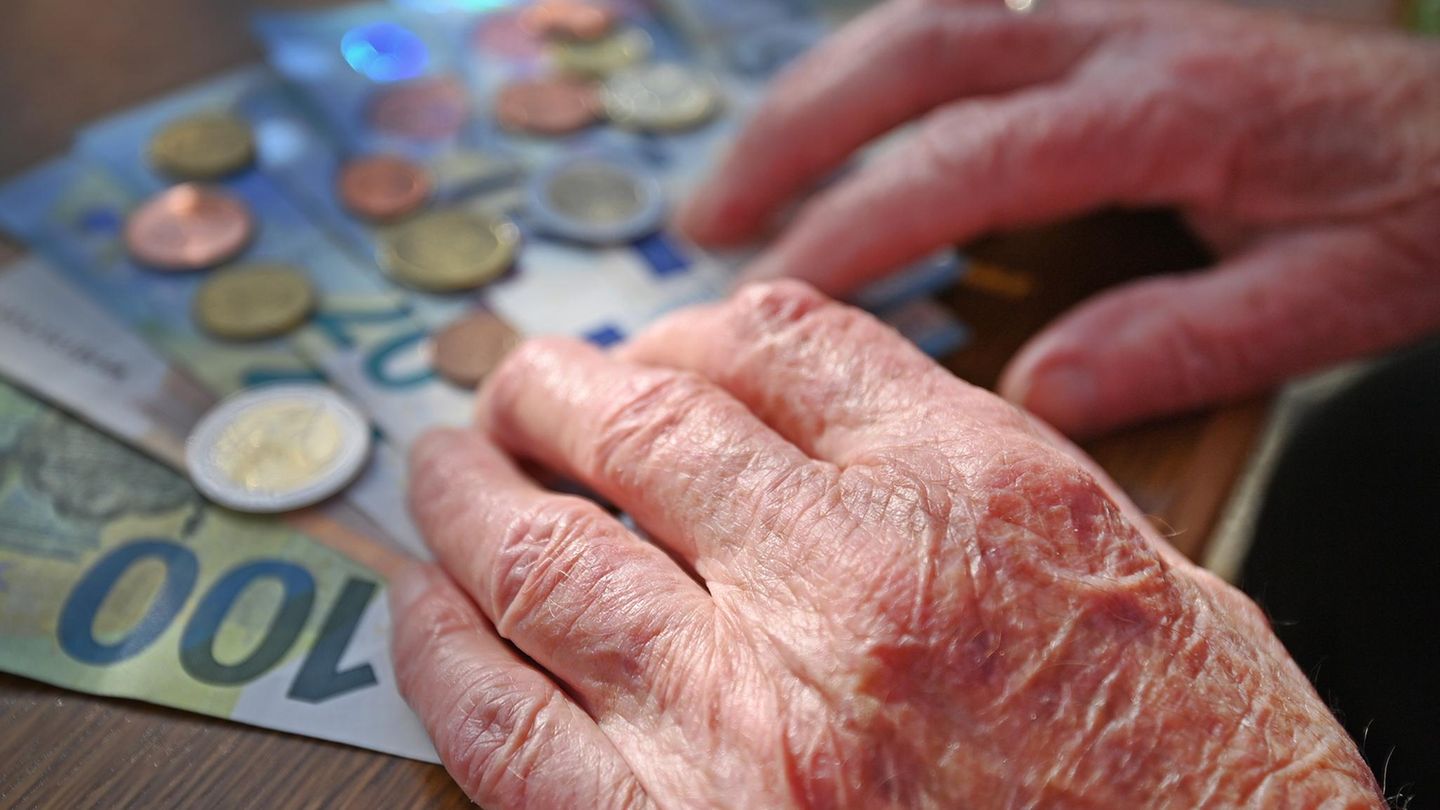As Ámbito anticipated, this Tuesday afternoon, The Government makes a payment of almost US$2.6 billion (the equivalent of SDR 1975 million, the unit in which the Special Drawing Rights are expressed) to the International Monetary Fund (IMF) for the October maturities, which it agreed to accumulate in a single disbursement.
Three installments of the month will be paid in a single payment, as agreed between the two parties: one US$1,280 millionanother of US$640 million and a third for US$673 million he last business day of October.
Meanwhile, next Monday it is expected to make a new payment of interest for about US$820 million (which is about SDR 630 million) that mature in November.
Payment to the IMF: impact on BCRA reserves
There are no details yet on how the payment will be made, but It is expected to be in yuan (US$1=7.31 yuan), which confirms China’s new role as a lender of last resort in the world.and the impact will be seen later in the reserves of the Central Bank (BCRA), which closed this Monday at US$24,612 million, therefore, if the disbursement is confirmed in Chinese currency and without any other external assistance, as was considered At one point, they would fall to around $22 billion this afternoon.
Likewise, as the economist and director of Eco Go Sebastián Menescaldi warns, “it will also have an impact on the liquidity of the BCRA” given that what the monetary regulator gained with the activation of the US$6.5 billion swap with China was precisely the possibility of strengthening its net reserves, which results in greater firepower and payment.
With this disbursement and the interest, Menescaldi explains, “it leaves the liquidity available at a lower level for the runoff” and explains that, to counteract this, the Government tightly controls imports and buys as many dollars as possible thanks to the export increase program in recent days.
Meanwhile, if the hypothesis of a new bridge loan is confirmed, the drop in reserves would be smaller because the funds would come from a loan from a third party, as happened a few months ago with the Development Bank of Latin America and the Caribbean (CAF). ).
This Fondo payment is a key step for the Minister of Economy, Sergio Massa, who aspires to win the presidential runoff against Javier Milei on November 19, given that it is one more step in the show of commitment on the part of the Government in the compliance with the agreement signed with the IMF.
An interest payment is coming before the runoff
In six days, on the other hand, on Monday, November 6, just 13 days before the runoff, Massa made a final disbursement before the next evaluation of goals to the IMF. In this case, for about US$820 million in interest, which expires next month. Because it is a cancellation of this type and not straightforward disbursements, this payment cannot be postponed, in accordance with the rules established by the Fund.
During the current government, interest of around US$6.3 billion was paid to the IMF in pesos and foreign currency.according to data from the Congressional Budget Office (CPO).
Note in progress.-
Source: Ambito




